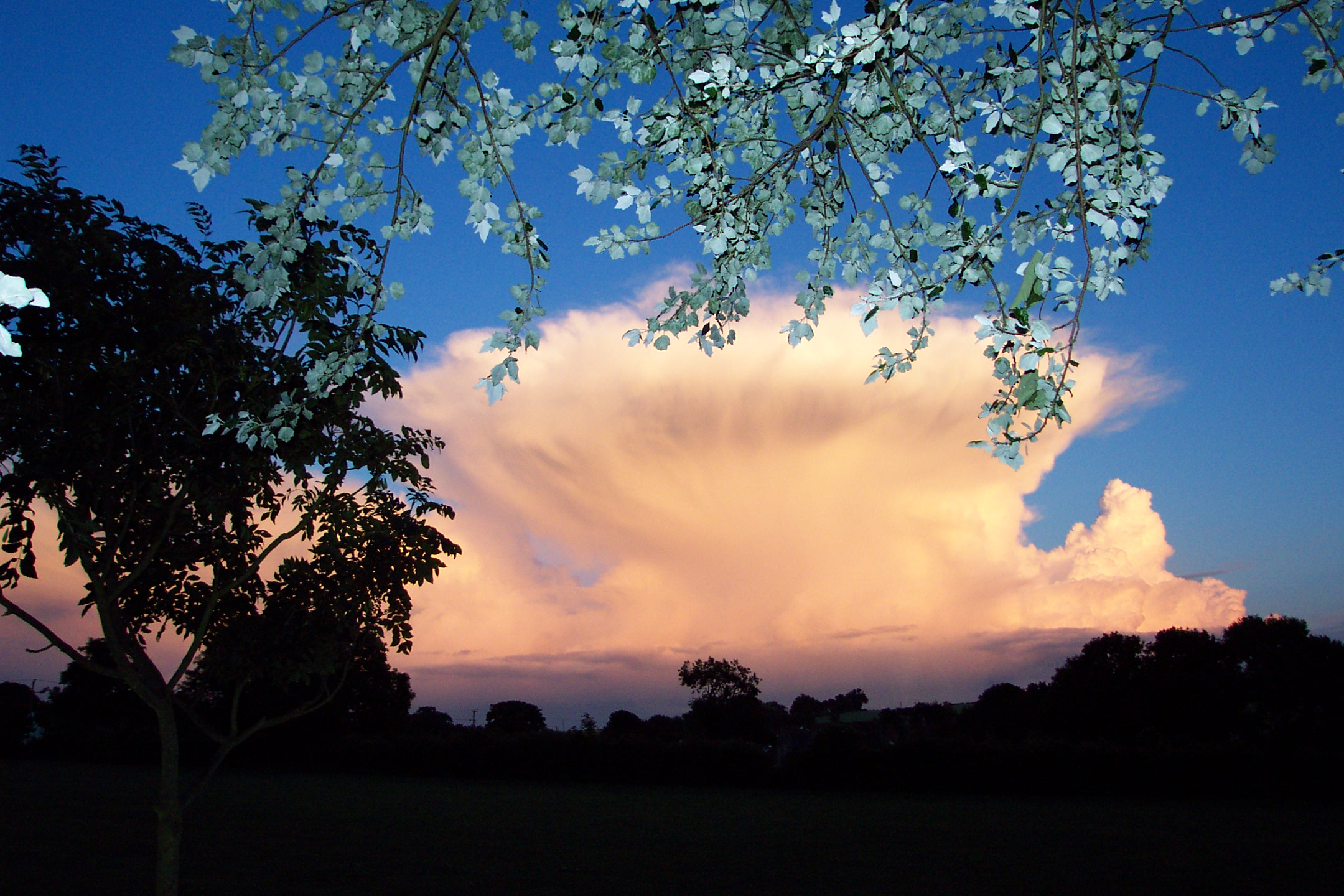
On methodological naturalism
Posted at 09:00 on 09 July 2018
Dr Josh Swamidass of the University of Washington at St Louis, Missouri has this to say about my review of Answers in Genesis's ten best evidences for a young earth:
I also want to direct readers to @jammycakes review of Answers in Genesis’s (AIG) 10 best evidences for a young earth. He goes through all ten, doing a careful and well researched fact check. @jammycakes does not make use of methodological naturalism, but just looks at the honesty and accuracy of the claims made by AIG scientists.
I heartily recommend Dr Swamidass's blog, Peaceful Science, to anyone who is interested in discussions about science and faith. He has an interesting take on the subject of Adam and Eve, and shows that even though there is a lot of evidence for universal common descent, it doesn't rule out the possibility that they could have been created specially and separately.
He also mentions Todd Wood, a young-earth creationist scientist. If there's one YEC who I think is well worth paying attention to, Todd Wood is the one. As well as being refreshingly honest about the evidence and gracious and understanding towards us old-earthers, he has a passion and enthusiasm for both science and his Creator that is kind of infectious. I always find his blog a joy to read.
Why I don't use methodological naturalism
The problem with methodological naturalism is that there's a lot of confusion, especially in Christian circles, about what exactly it stands for, especially regarding the question of supernatural and miraculous explanations of scientific phenomena. Some Christians believe that it mandates an explicit a priori rejection of any such explanations, to the extent of being atheism in all but name; while others insist that it does not, but merely teaches that God designed His creation to operate according to certain pre-defined rules that He is at perfect liberty to override when He sees fit to do so, and that it is only concerned with studying those rules.
Unfortunately, the discussions can get pretty confusing at times, and can all too easily result in misunderstanding, accusation, and counter-accusation that generates more heat than light. Besides, it completely misses the important issues at the heart of the matter.
Rather than getting bogged down in such discussions, I decided to avoid appealing to methodological naturalism altogether. From the outset, I have maintained the position that miracles can and do happen, and that they are a valid and legitimate explanation for scientific data -- provided that two important conditions are met.
First of all, the evidence that they explain must be reported accurately, processed correctly and carefully, and interpreted coherently. In other words, no quote mining, no cherry-picking of the data, no exaggerating, no arithmetic errors, and so on. You have to make sure your facts are straight about what the findings in question actually are.
Second, the miracles that you are proposing must not be deceptive in nature. The Bible tells us (e.g. in Romans 1:20) that what we see in creation is an accurate reflection of the nature of God, and miracles whose only effect is to make the earth look older than it really is would cast God as a deceiver -- especially when you consider that many events in the Earth's history have been constrained by multiple independent methods to times that in some cases can be as tight as one part in ten thousand.
I've written about this before. I really, really do not like arguments against creationism or ID that dismiss it as "religion, not science," or that complain about its proponents "introducing religious presuppositions into science." Regardless of whether such objections are valid or not, that is not the problem, and it totally misses the point. If someone wants to look for evidence of miracles or irreducible complexity, by all means let them. If they want to look for Noah's Ark, or modern-day dinosaurs and humans living together, or even evidence to support a young earth, again, by all means let them. The time to raise objections is when they start misrepresenting their findings, taking shortcuts, cherry-picking data, or refusing to be held accountable for meeting basic standards of honesty, factual accuracy and quality control in their claims. But objecting to them even asking the question just shows that you are operating with anti-religious and quite possibly discriminatory presuppositions and biases of your own.
Featured image: an evening sky over the village of Thwing, East Yorkshire. Photo by me.